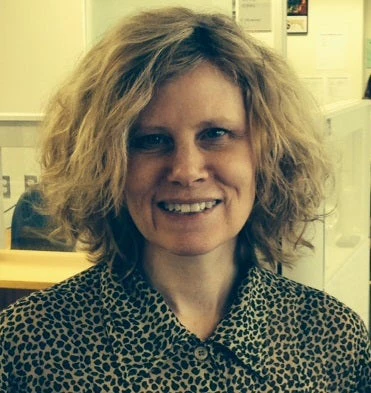
It’s not enough to pass laws against domestic violence or gender discrimination, or to rely solely on economic growth or education to empower women. What really counts is whether governments, courts, and societies accept women’s equality, and what can be done if they don’t.
Those were some of the key messages of New Frontiers on Women’s Empowerment and Voice, the World Bank’s signature event on gender at the 2012 Spring Meetings. The World Bank Live event, moderated by Overseas Development Institute Director Alison Evans, was one of a series of discussions on gender equality that have followed the release of the World Development Report 2012 on Gender Equity and Development last year amid renewed emphasis on women’s empowerment at the World Bank.
Panelists from India, Yemen, Australia, and Kenya identified “hidden barriers” that drag on women’s empowerment and society as a whole, and proposed solutions.
For instance, 26 countries still discriminate against women on inheritance rights. In several countries, over half of women think it’s acceptable for a man to beat his wife when she argues with him. The World Development Report documents that as many as a third of married women in Malawi and a fifth of married women in India are not involved in spending decisions, even with regard to their own income.
In Yemen, 60% of women are illiterate and most women have little decision-making power, said Ramzia Aleryani, chairwoman of the Yemen Women's Union. More needs to be done to raise awareness, strengthen civil society, fight domestic violence, and get girls into school, she said.
“Political will is fundamental,” said Aleryani. “If laws are implemented through political will we will reach some kind of gender equality.”
Men also need to be part of the gender equality fight, panelists said. Elizabeth Broderick, a sex and age discrimination commissioner in Australia, described how enlisting powerful male advocates, along with regulatory changes, increased the number of women on the boards of Australian companies 700% in 18 months.
Oxfam India is waging campaigns to change the way society thinks about women “from the bottom up,” said CEO Nisha Agrawal. That includes working with both men and women on domestic violence and property-rights issues, establishing help lines and shelters, and raising awareness about gender equity among the young.
Financial empowerment is also fundamental, said Betty Mwangi, chief of financial services for Safaricom in Kenya. The company’s M-PESA service allows people to transfer money using mobile phones and now has over 15 million subscribers, 51% of them women. The service is “bringing women closer to being financial citizens” and to achieving financial independence—a status that will ultimately lead to greater participation in governance, said Mwangi.
Jeni Klugman, director of Gender and Development at the World Bank, said the Bank is ramping up its work on gender. Some $25 billion in Bank financing last year was “gender informed,” and gender is systematically part of the policy dialogue with countries. In addition, innovative interventions are underway in several countries. “We’re building on the energy and opportunity of the WDR. We need to continue to build the evidence base,” said Klugman.


Join the Conversation